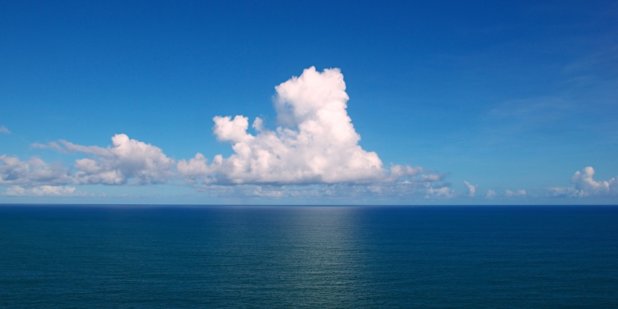- About
- Topics
- Picks
- Audio
- Story
- In-Depth
- Opinion
- News
- Donate
-
Signup for our newsletterOur Editors' Best Picks.Send
Read, Debate: Engage.

What can the global society really do for making a real impact to the challenges our world has to face in providing clean, safe drinking water and sanitation for everybody?
The World Water Week in Stockholm has been the annual focal point for the globe’s water issues since 1991. It is the leading annual global event for concretely addressing the planet’s water issues and related concerns of international development. Organized by the Stockholm International Water Institute (SIWI), a policy institute that generates knowledge and informs decision-making towards water wise policy, this year’s event (August, 31st to September, 5th) “Energy and Water” attracted over 2,500 participants and 200 collaborating organisations from around 130 countries all over the world.
The 2010 UN Resolution 64/292 has recognized access to clean, safe drinking water and sanitation as a human right. The UN Human Rights Council thereafter affirmed these rights as part of international law, confirmed as legally binding upon Member States. However, water supply and sanitation systems are all to often neglected.
Already at the last year’s World Water Week in Stockholm the international leaders and experts from the world’s scientific, business, government and civic communities agreed on the 2013 Stockholm Statement, which made a global call for a dedicated Sustainable Development Goal (SDG) on Water. The collected materials as five thematic films and corresponding papers made up the new 2014 Stockholm Statement on Water.
The themes that are dealt with are health, sustainable growth, agriculture, energy and climate. The statement about water includes the following goals:
A dedicated SDG on water is necessary to create incentives for fair and efficent allocation of water in the future between different water users and to help deliver universal access to safe and affordable drinking water and adequate sanitation. Access to safe, affordable water and appropriate sanitation is a human right and universal access should be achieved by 2030, if not earlier.
“There are a lot of good ideas in the SDG debate but a lot of them stop at the implementation phase. There is a lack of ideas on how to do it”, says Albena Ivanova from the GWP Sweden. But coming together, exchanging ideas and good showcases is a beginning. The World Water Week provided the space to do so. The event presented key ideas and innovations on what needs to change to build services that both reach the poor and that last. Individuals from around the globe also presented their findings at the scientific workshops. Tools and approaches to be highlighted include: sustainability compacts; financing mechanisms which take into account life-cycle costs; smart ways of improving operations and maintenance; and new ideas that enhance service sustainability in terms of water resources, environmental management, energy efficiency, analytic assessments and sustainability monitoring.
It shows, solutions are there, but they need to be implemented and financed. “The main message has been around the SDGs and that there has to be some political will but more importantly that there is a buying from our own communities”, says Collen Pitso from the Department of Water and Sanitation in South Africa.
It takes a common consents for the centrality of water in building resilient future societies and there is still a lot to do for decision makers in national governments, communities, stakeholders and of course – for each one of us.
Links
The 2014 World Water Week
The Stockholm International Water Institute (SIWI)